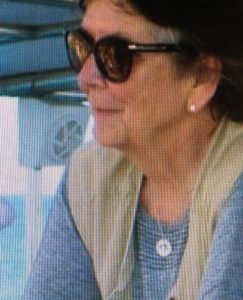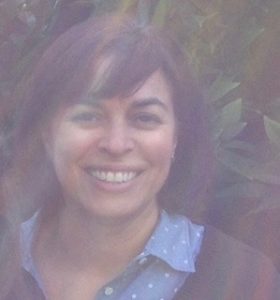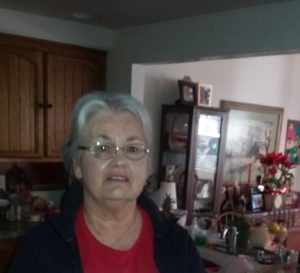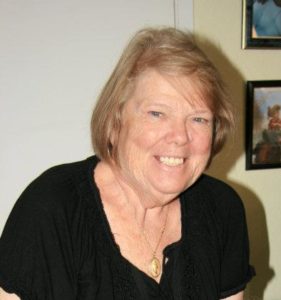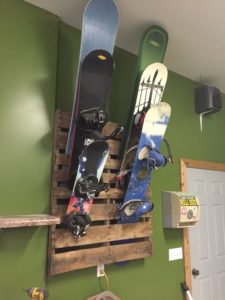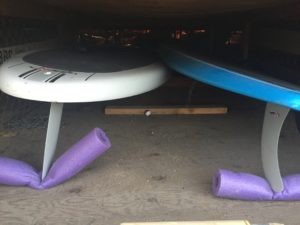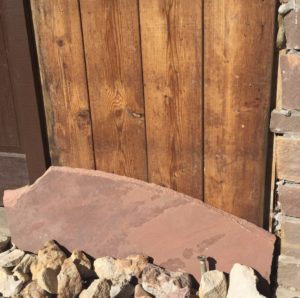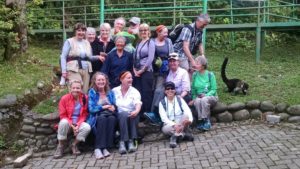I conducted my second interview over the phone with my mom, Leslie Hinton. Leslie is a 48 year old mother of two college students who lives in Bow Mar, Colorado with her husband. Leslie has been a stay at home mom for the last 21 years but work in multiple non-profit organizations before leaving to raise her kids. The point of this interview was to gain insight on the needs and desires of a health tracking product or platform in a demographic that might be included early adaptors in the near future.
Date: March 3, 2017
Interview Type: Phone Interview
Group Participant: Interviewed alone
User Characteristics:
Location: Lives in Bow Mar Colorado
Age: 48
Gender: Female
Marital Status: Married
Occupation: Stay at home mom
Memorable Quotes:
- “Yes, I would love to get updates on how he is doing so I could have that piece of mind, assist him in any way and prolong his independent living”.
- “It would be nice to know if he took his medication, his vitals, or if he is up and around and doing things, all of that would be incredible”
- “His house is what is familiar, it’s comfortable. In his house he is surrounded by what he knows and who he knows and I know he is happy there so I would defiantly want to preserve that as long as possible”
- “I am very healthy right now so I don’t see a huge need for it personally but I guess I would be interested in getting a baseline of where I am right now so if something happened I could compare it”
Do you currently do anything in your daily life to track your health?
- “I weigh myself but other than that, not really”
Would you be interested in tracking your health? Why or why not”
- “I am very healthy right now so I don’t see a huge need for it personally but I guess I would be interested in getting a baseline of where I am right now so if something happened I could compare it”
- Would be interested in stats like blood pressure, heart rate, blood chemistry
How often do you exercise?
- “I workout with my husband for an hour and a half every morning”
- Switch off every other day between cardio and lifting weights
- Motivation: stay healthy and keep body young
How often do you visit the doctor?
- “Once a year for an annual exam and then I’d say I end up going typically twice a year for some sort of cold or something where I need a prescription”
Would you like your doctor to be more proactively involved in your day-to-day health?
- “No, at this point in my life I think it would be unnecessary, but for someone like my dad I think it would be a lot more beneficial.”
- Her father is 76, lives in his house alone, relatively good health but suffered a big fall last year.
- “Maybe once a week and once I got older or if something happened it could be monitored more often, but for now I am healthy enough that it seems unnecessary”
How involved are you with your dad’s health right now?
- “I only know what he wants to tell me. I call or visit him multiple time a week just to check in but he doesn’t want to burden any of us so he doesn’t give us too much information”
- At this point doesn’t have a relationship with his doctor and cannot et information because of HIPPA
Would you want to be more involved in his health?
- “Yes, I would love to get updates on how he is doing so I could have that piece of mind, assist him in any way and prolong his independent living”.
What information would you want to know?
- “It would be nice to know if he took his medication, his vitals, or if he is up and around and doing things, all of that would be incredible”
Would he be open to the idea?
- “ He might be a little hesitant, you know its hard to accept that you need those things but I think if it kept him at home, he would do it”
What would prompt you to move him to assisted living?
- “If I felt he was unsafe, wasn’t keeping up with his own health or was suffering Cognitive issues.”
- If he was getting lost driving
Would you want him to stay in his home as long as possible?
- “Yes, his house is what is familiar, it’s comfortable. In his house he is surrounded by what he knows and who he knows and I know he is happy there so I would defiantly want to preserve that as long as possible”
- “ I also think nursing homes are emotionally taxing and I wouldn’t want to have to put him through that”
Takeaways:
This age demographic would be most attracted to a heath or well being tracker as a way to monitor their parents day to day status in a more through and consistent manner rather than for personal use. That being said this demographic could also slowly begin to integrate a product or service into their lives for baseline assessments or possibly monthly or weekly reports.
